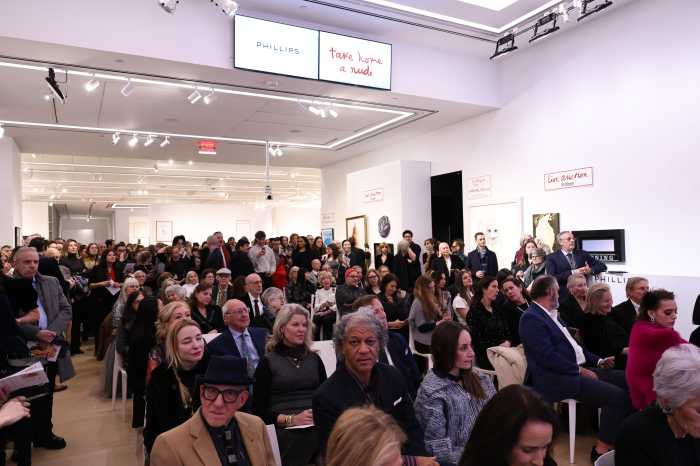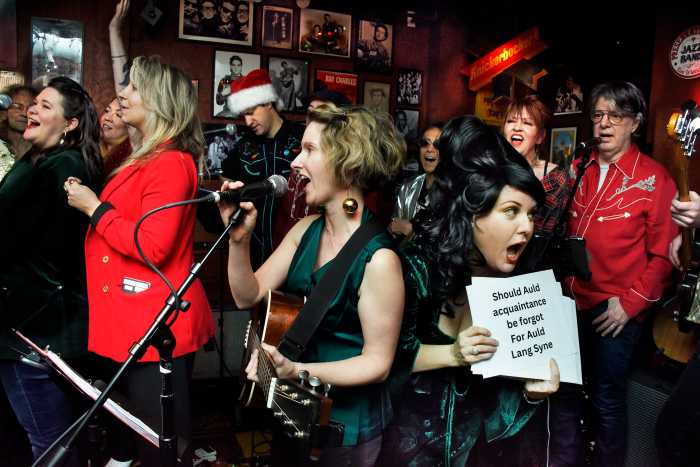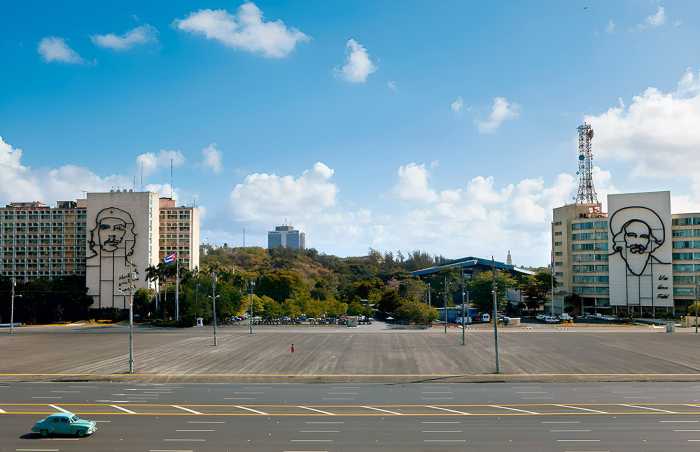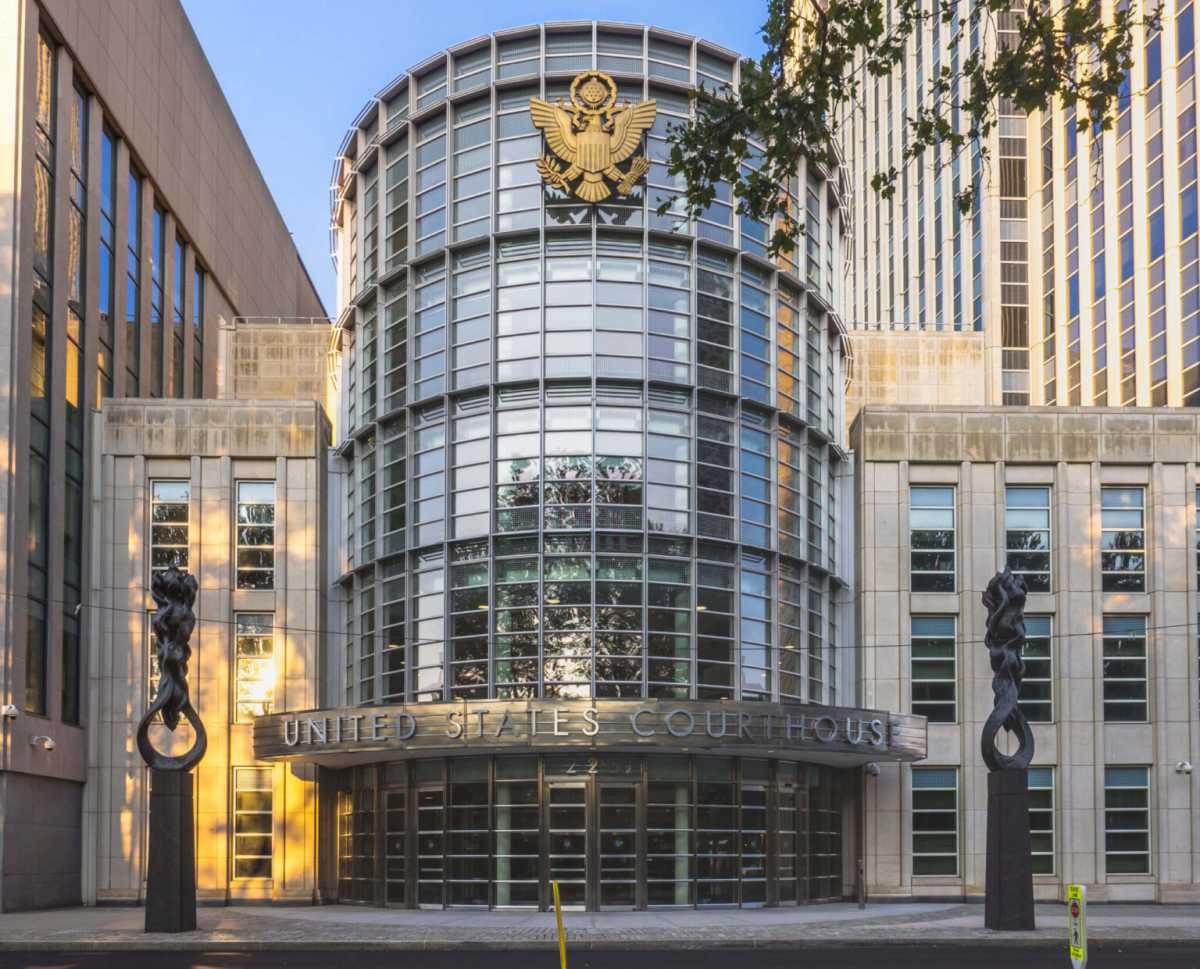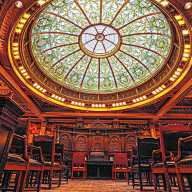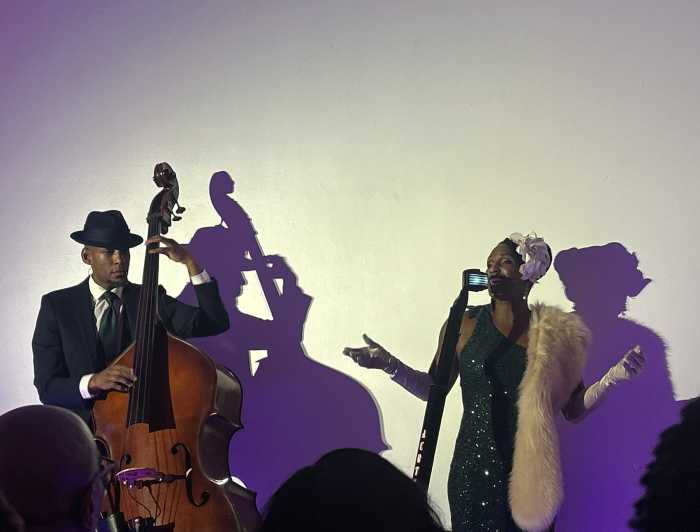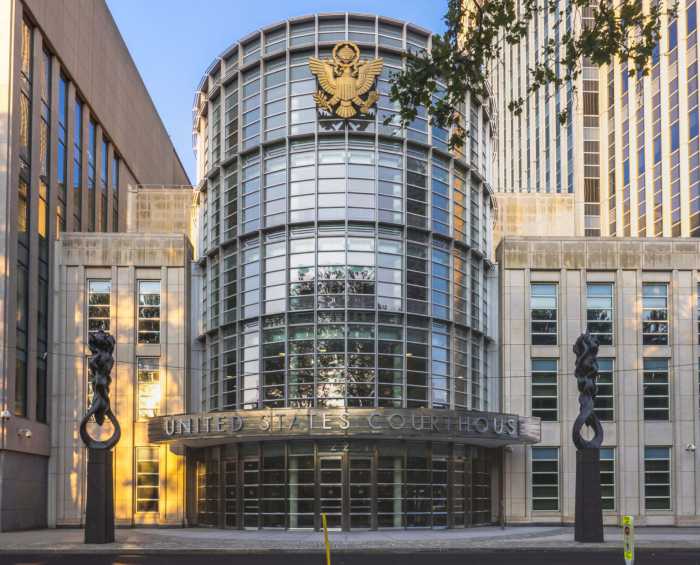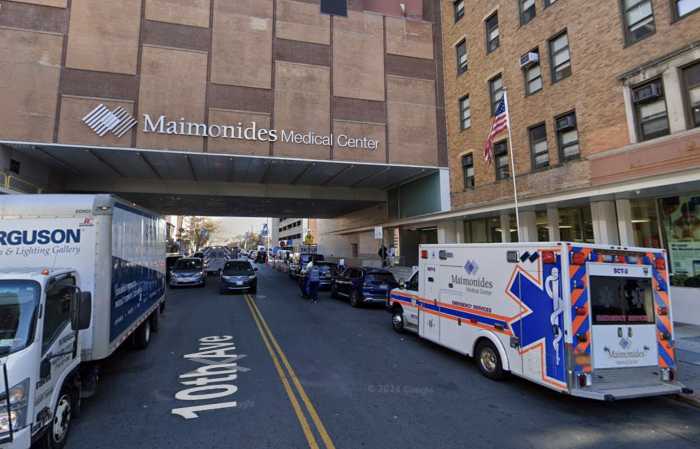By JERRY TALLMER
The blackbird sings to him, ‘Brother, brother,
If this be the last song you shall sing,
Sing well, for you will not sing another;
Brother, sing.
Julian Grenfell, “Into Battle”
You could call it a portico. You could call it a rotunda. Or you could just call it a big, semicircular, roofed porch, the whole thing supported by three or four massive Greek columns, in the manner of the Parthenon, though these columns were surely not marble but painted wood.
Be they wood or marble or the granite of New Hampshire, that portico and those columns at the entrance of College Hall saved my life, a lifetime ago.
What do you know about hurricanes, my editor asked as washed-out Irene wandered on her destructive way toward Vermont and points north.
Only that I’ve lived through three of them. Earlier ones.
Can you write it? Try, he said… .
College Hall, a big, old, rumbling elephant of a building diagonally across Main Street from the Hanover Inn, was where all freshmen in those years took all their meals — breakfast, lunch, dinner.
On the night of September 21, 1938, we 600 or so new kids on the block had only been in Hanover a day or two. Everything was exciting and fearsome — the school, the upper classmen, the professors, the placement tests, the being-on-your-own, the new roommate, the homesickness (not I!), even the weather.
Which was blowing up a storm.
Literally.
They didn’t have female names for hurricanes back then. This one would simply go down in history as The Great New England Hurricane of 1938, or, depending on where you lived, The Long Island Express.
Before it was through, it had killed some 700 to 800 people along its track and left a trail of wreckage and injury that today would be measured in the billions.
And as we freshmen at Dartmouth College were finishing our so-called dinner that night, the winds came bearing straight down upon us.
In latter-day slang, we young fools thought it was a hoot. We laughed. We gamboled. We rushed to the door to take a look… .
Hard cut, Jean-Luc Godard style.
Okinawa, summer 1945. Midsummer, I think, but in any event before Hiroshima and Nagasaki. We are ordered to batten down our tents and everything else in sight, but it does no good: Everything gets blown away in the howling winds — and when I look out over the vast harbor the next day, there are what seem to be hundreds of U.S. vessels, large and small, floating there, as far as the eye can see — upside down. A surreal scene, calling for Brueghel or Bosch.
There were no casualties of man or aircraft in our squadron. Far as that goes, the nearest I ever came to death throughout all four years of World War II was when I bent down to pick up a towel that had fallen off my hips as I was going to an open-air shower — a big metal can with holes in it. (This may have been on Guam.) At the instant I bent down to grab the towel, a bullet whistled past where my head had just been. Doug Blalock — the name has suddenly sprung back to me out of nowhere — a lean, cynical, long-nosed crew member from St. Louis, had shot from our tent at a rat scuttling through — a fun and games Blalock played all the time.
Jump Cut 2 to Fire Island, just off Long Island, summer of (I believe) 1952. I am freelance writing, which means swimming in the Atlantic Ocean and putt-putting around Great South Bay in a rowboat driven by an outboard motor.
A hurricane is coming. Warnings go up in Ocean Beach. People pack up and flee to the mainland. We will not flee. We are young — not so young as back at Dartmouth, but young and foolish enough to want to stick it out just for the hell of it. To see what a hurricane looks like, by daylight, up close. I think there is a little of Scott and Zelda splashing in the Plaza Fountain somewhere in that decision.
So we stay. Our rented house is a lovely, two-story, isolated wooden dwelling a quarter-mile to the east of civilization. We are alone, isolated.
The hurricane strikes, howling and blowing like fury, round and round, ripping apart Fire Island, which at this end is nothing more than sand and scrub and seagulls.
We know one thing about hurricanes: There is dead space, an eye of the hurricane, in its very center, and first the wind circles one way, clockwise — unless it’s counterclockwise — and then there is this dead zone, and then Act II arrives and the wind blows in circles the other way.
And sure enough, this happens. The eye of the hurricane arrives over Fire Island, and there is no wind at all, no sound at all except our breathing. Dead silence. And then, in this absolute vacuum, a birdsong! Not a screeching of seagulls but an exquisite sweet lone birdsong, maybe a blackbird or a meadowlark, offering a hymn at heaven’s gate.
Then the other side of the hurricane arrives, howling and blasting as before but in the counterclockwise apposition. And then, after a while, it’s all over, and we’re alive, and the lovely rented house is still standing, and the seagulls start screeching again — and the hurricane has cut a 50-foot-wide track, a slice, a gulf, a trench, a river, clean through Fire Island, ocean to bay, splitting Fire Island actually in two. It missed our house — and us — by perhaps the length of a football field. Had it been a hundred yards the other way, we’d have had to swim for it… .
In the College Hall dining room we foolish frosh are laughing and joking, and some guys — I learned only yesterday from classmate Leo Caproni — have pulled chairs out onto that porch and are sitting there, jesting, taking the storm at leisure.
I’ll go see for myself. This New York boy doesn’t know from hurricanes. I run to the door, take four steps out onto the porch, and suddenly a giant tree, maybe a giant ancient elm, 50 feet high and 6 feet in circumference — at that instant this huge hundred-year-old granddad comes crashing down straight at me, atop me, programmed by the Almighty to squash me like a bug.
And gets caught on the very edge of that semicircular porch roof, and clings there by its fingertips — or my tingling fingertips — as I duck under and away from the fallen killer, and off the porch to confront the night and the wind and the rain and the gale on my own.
Seven days after the Great New England Hurricane of 1938 — on September 28, 1938 — Mr. Neville Chamberlain and Monsieur Edouard Daladier will hasten to Berchtesgaden to hand Czechoslovakia over to Herr Adolf Hitler.
Some three years after the Great New England Hurricane of 1938 I would be writing editorials in The Dartmouth with headlines like “Into the Night,” recalling that storm-tossed entry to college while bracing for — calling for — entry to the far larger and more consequential worldwide hurricane.
Yet somewhere, somehow, I still from time to time hear that lone bird singing its sweet pulsating lonely lovely song in the dead silence of the eye of the hurricane.



